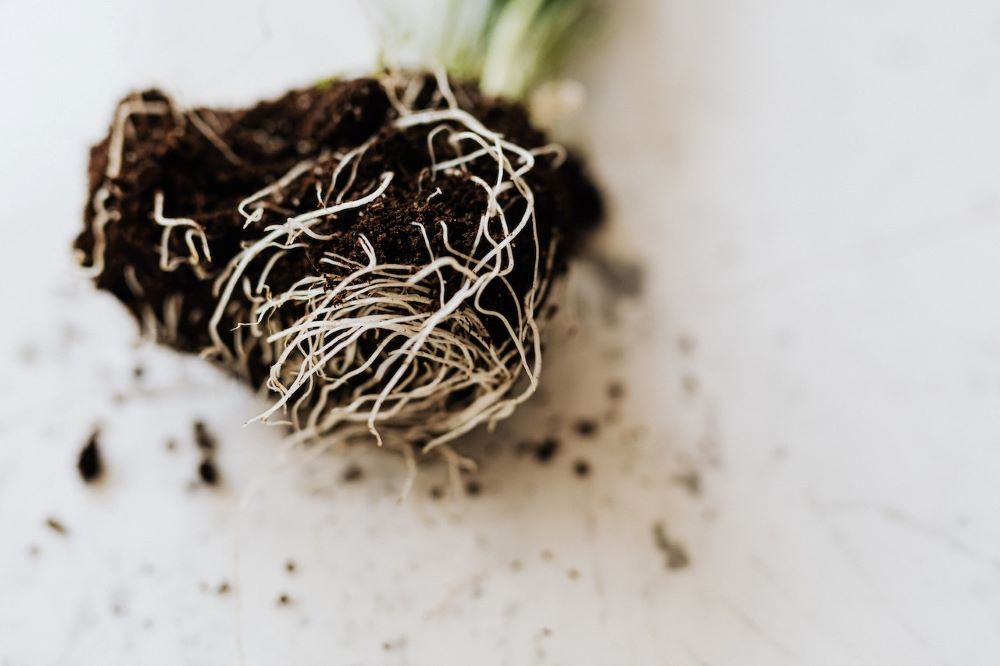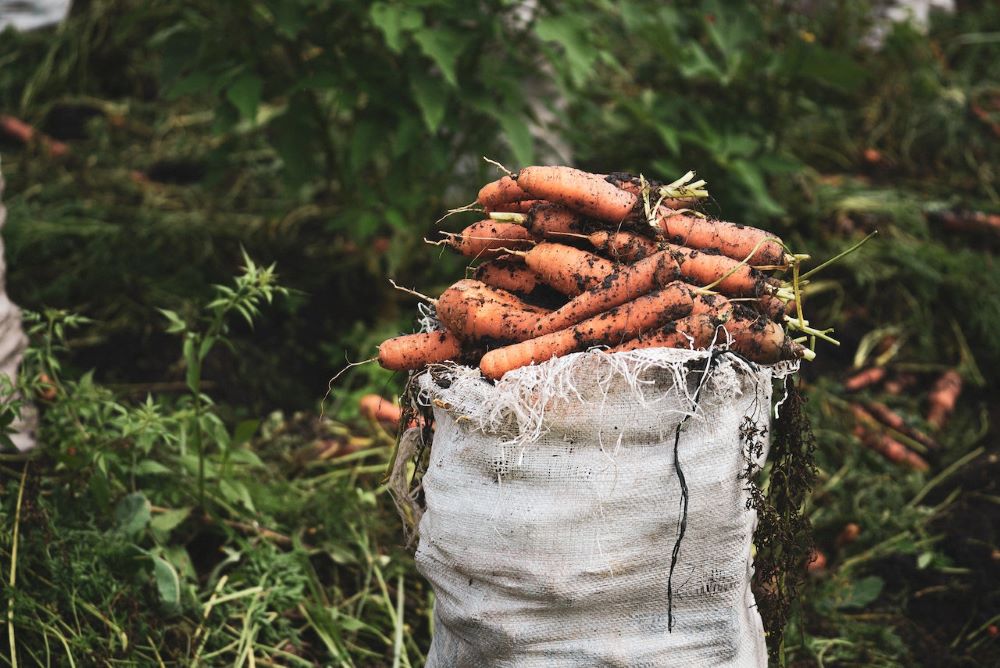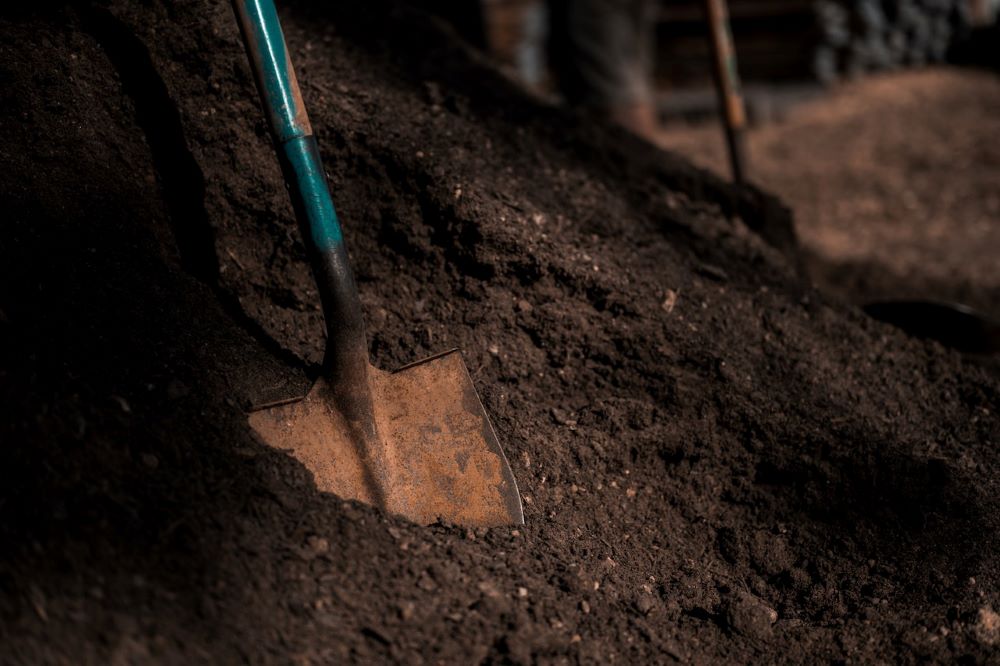Recent Posts
- Home
- Elevate Blog
- Healthy Soil
Healthy Soil
Posted on
Soil is made up of a mixture of mineral particles, organic material, air, water and living organisms.
Healthy soils include a diverse community of microorganisms (bacteria, fungi, and protozoa) and macroorganisms (worms and insects). These organisms recycle essential nutrients by decomposing organic matter. The soil ecosystem has the same components as any other more visible ecosystem such as forests or grasslands!
Unhealthy soil contains few, if any, living organisms. Without these organisms organic matter cannot break down and plants don’t have access to vital nutrients. The soil will become compacted, which limits growth of plant roots and water absorption.

Why is Healthy Soil Important?
Soil provides us with plants, food, and clean water. It is fundamental to our health and the health of the planet!
Healthy soil:
- Contains nutrients to feed plants and improve crop yields
- Holds more water, allowing plants to thrive (even in drought)
- Contains bacteria and fungi that fight diseases and pests
- Prevents erosion, and is more resilient to the impacts of flooding
Soil also helps regulate the earth’s climate by capturing and storing huge amounts of carbon that would otherwise be released into the atmosphere. Carbon Dioxide traps heat, too much of it in the atmosphere raises the Earth’s average temperature. Soils store the carbon captured by plants during photosynthesis - healthy soil has the capability to sequester enough carbon to reduce the effects of climate change.
Soils: where food begins
World Soil Day Dec 5, 2022
Soil degradation and nutrient loss is among the most important issues for food security and sustainability around the globe. Celebrate World Soil Day by raising awareness about the connection between soil health and food production.
How to participate:
Raise awareness! Use #WorldSoilDay and #Soils4Nutrition on social media
Vote for your favorite poster in the official World Soil Day kids poster contest
Show off your cooking skills and take part in the From Soil to Plate cooking contest
Start a compost pile, or teach others how to reduce waste and regenerate soil by composting!
Healthy Soil and Food Production
An estimated 95% of the food we eat comes from our soil - it is the foundation of our food system!
Soil quality is linked to food quality and quantity produced. Healthy soil produces nutrient-dense, abundant crops. It supplies the essential nutrients, water, oxygen and root support that food-producing plants need to flourish.

Compost for Healthy Soil
Compost provides organisms and nutrients that can improve soil health and restore degraded soil. This helps the soil ecosystem and the plants that grow in the soil.
Composting is a circular system where nothing is wasted. Food is grown from healthy soil, food scraps and organic matter are composted and in turn provide nutrients for growing plants and food. Using compost improves soil health and crop productivity.
Composting is one of the best ways to reduce waste, regenerate depleted soil, and care for the environment.
Want to start composting? How to make compost
Healthy soil increases crop yields, reduces the effects of climate change, encourages plant growth, and regenerates local ecosystems. Increasing composting access is crucial in the effort to improve soil health soil and combat climate change!

 Loading... Please wait...
Loading... Please wait...


